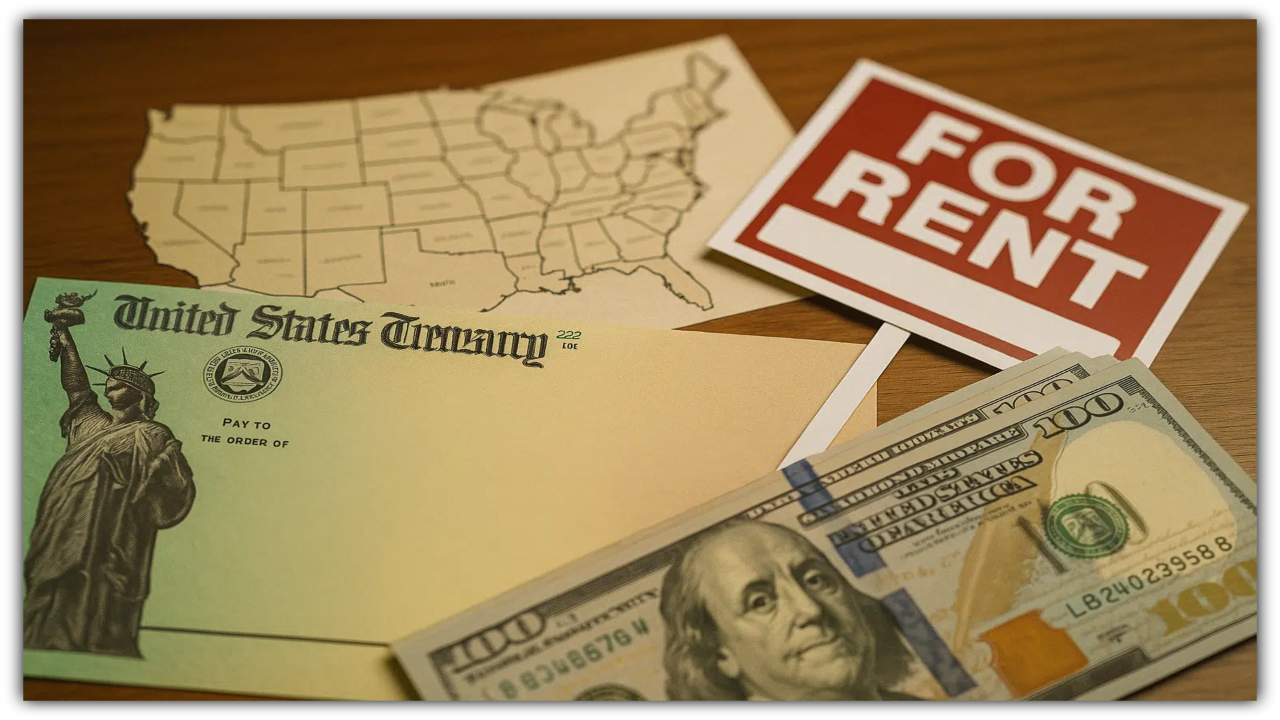$1,000 Rent Rebate? Here’s Who’s Actually Getting the Money in 2025
If you’ve seen stories or TikToks talking about a $1,000 stimulus check or rent rebate, you’re probably wondering, “Wait—is this real? Can I get this?” Totally fair question.
So let’s clear the air. Yes, the program exists—but it’s not exactly what some headlines make it sound like. And no, it’s not money that’s just dropping into everyone’s bank accounts.
Here’s the real deal, without the fluff.
So, What Is This Program Anyway?
This isn’t a big federal stimulus like the ones from the pandemic. You’re not going to see a random check just show up.
Instead, this is something a few states are doing to help renters who are struggling. It’s more like a rebate or refund for people who spend a big part of their income on rent. It’s aimed at helping folks who genuinely need a little breathing room.
Some states have already done this before (Pennsylvania, for example), and now others are either expanding or starting similar programs in 2025.
Who’s It For?
You might qualify if:
-
You’re low to middle income, and rent takes up a big chunk of your monthly income.
-
You’re a senior or living with a disability—a lot of states make special provisions for you.
-
You spend more than 30% of your income on rent—which, let’s be honest, is pretty common these days.
-
You live in a state that actually has this program. Not all do, so you’ll need to check your state’s official site.
This isn’t open to everyone. It’s meant to support people who are having a tough time staying afloat with housing costs.

What You’ll Need If You Apply
If you’re thinking this could help, here’s what you’ll likely need to apply:
-
Your 2023 income info (like tax returns or pay stubs)
-
Proof that you actually pay rent—so stuff like your lease or receipts
-
A valid form of ID
Every state’s process is a little different, but those are the basics most will ask for.
How to Apply (Without Getting Scammed)
Don’t go clicking random links online or responding to sketchy messages. Seriously—there are so many scams floating around whenever there’s talk of money like this.
If you want to apply, go straight to your state’s official website. Look for pages ending in, like your state’s Department of Revenue or Housing office.
In Pennsylvania, for example, people can apply for a property tax/rent rebate worth up to $1,000 if they qualify. Other states are doing similar things—or might announce them soon.
This rent rebate won’t solve everything, but if you’re feeling stretched thin and rent’s been a constant stress, it could bring some real relief.
It’s not free money for everyone, but for people who qualify, it’s legit—and honestly, even just a thousand bucks can help take the edge off.
If you’re curious or think you might be eligible, it’s worth checking your state’s website. It might be a small step that helps in a big way.
And if you want, I can keep an eye out for updates or let you know when real-time links are back. Just say the word.


Comments are closed, but trackbacks and pingbacks are open.